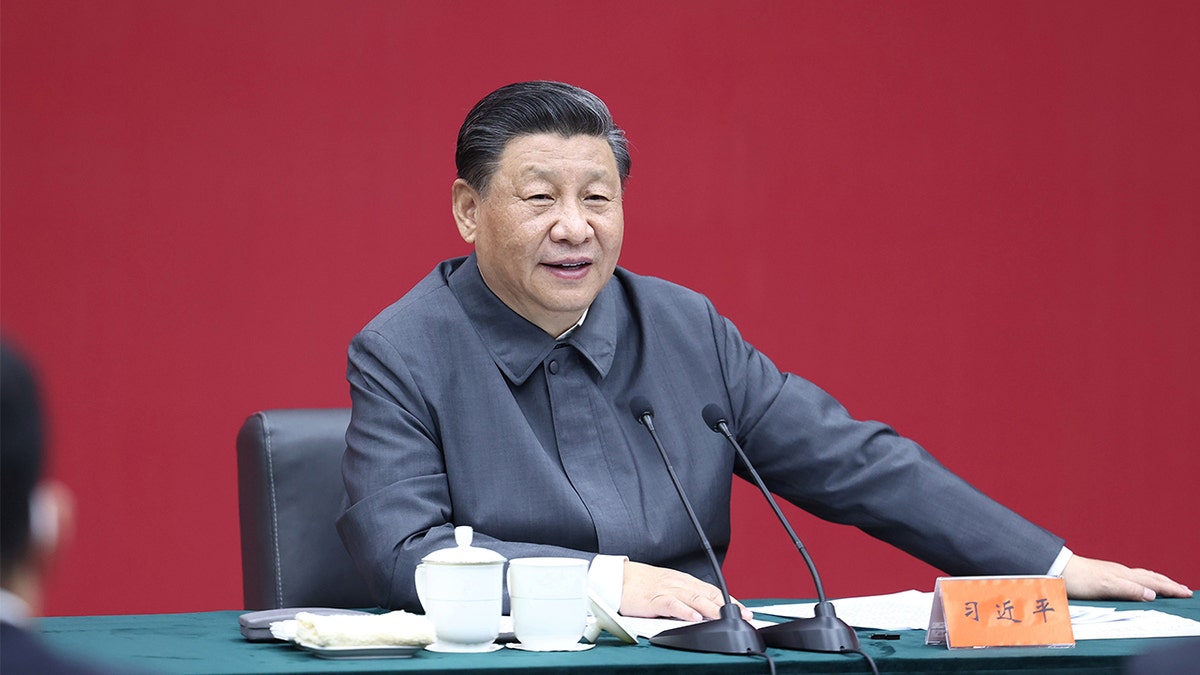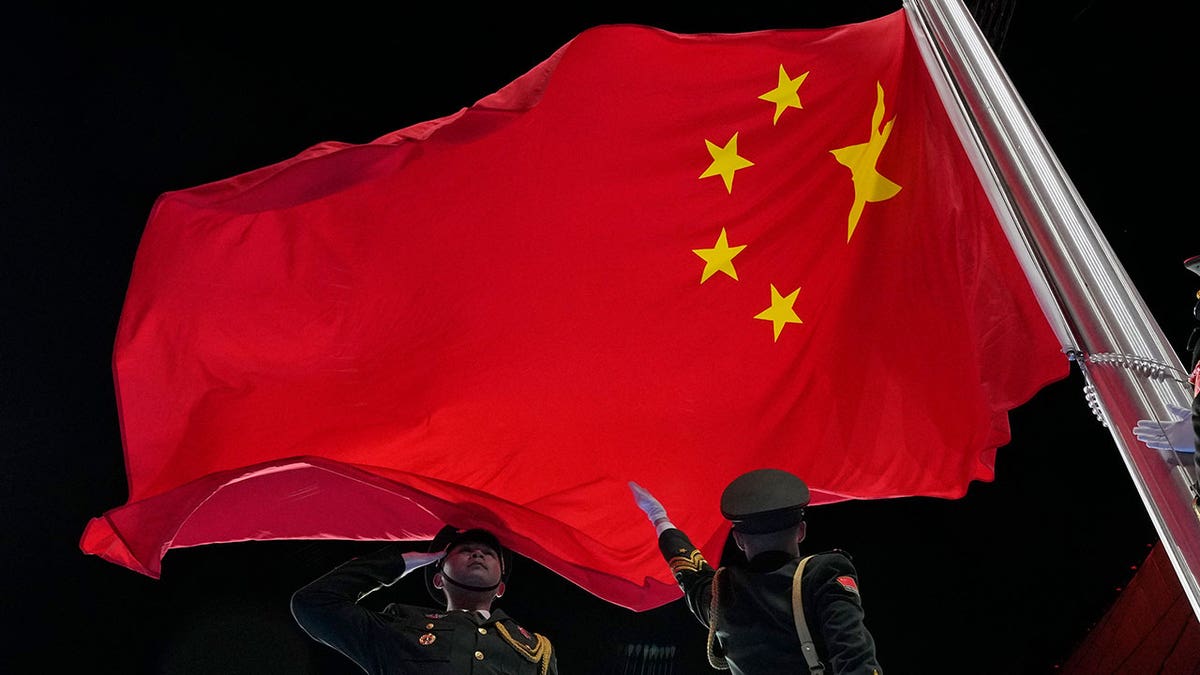Fox News Flash top headlines for May 5
Fox News Flash top headlines are here. Check out what's clicking on Foxnews.com.
The Milken Institute Global Conference held a panel on Tuesday on "digital nationalism" in the modern world.
U.S. Department of Homeland Security Policy Under Secretary Robert Silvers warned the audience that the growing schism between the U.S. and China in digital regulation is effectively creating "two internets." With China's dominance in electronic manufacturing and its expansive digital infrastructure, the U.S. may be allowing the Asian country to turn its own internet into a truly dangerous weapon, panelists agreed.
"I think China is certainly our most important long-term strategic competitor. I think the threats coming out of China are in some ways too many to count. And I think in the technology space for a first, you just see an enormous amount of hacking activity directed into the U.S.," Silvers said.
"And second, I think the Chinese government's vision of the internet is a dark, authoritarian, dystopian vision that we have to unite against and build against," Silvers warned. "It is built to harvest and surveil its own citizenry, and that is just thoroughly inconsistent with the values of our country, with the freedom that I believe the internet should be a tool for liberty and openness and free expression and creativity and stepping out of the box into new spaces and new ideas."

Chinese President Xi Jinping, also general secretary of the Communist Party of China Central Committee and chairman of the Central Military Commission, sits down with representatives of teachers and students at a symposium and delivers a speech during a visit to Renmin University of China in Beijing, capital of China, April 25, 2022. (Ju Peng/Xinhua via Getty Images)
The DHS official explained that China's investment in developing countries could expand the influence of the Chinese censorship of content.
"I am just deeply concerned about the trend of the Chinese version of the internet," Silvers said. "I agree that the White House that our administration's declaration on what we believe is the future of the internet is an important step. But now we've got to action that.
"And I think (former Under Secretary of the Treasury for Terrorism and Financial Intelligence) Sigal (Mandelker) made a very important point about how the action in many ways is in countries overseas, often developing countries, that they just want support they're going to work with who will support them. And we are committed to stepping into that fray to compete."
CLICK HERE TO GET THE FOX NEWS APP
China may already be sharing data with Russia, and America wouldn't stand "a fighting chance" if the two superpowers combined their cyberwarfare capabilities, Nicolas Chaillan, the U.S. Air Force's former chief software officer told Fox News in March.
"Not many nations would be able to push back," Chaillan said. "I don't even think the United States would be able to push back if tomorrow Russia and China decide to come together against us."

The Chinese flag is raised during the opening ceremony of the 2022 Winter Olympics. (AP Photo/Natacha Pisarenko)
"I think it would be very difficult for us to be able to even have a fighting chance, let alone a nation like Ukraine," he added.
But the former Pentagon official said he's "way more scared about China." Chaillan said it would be "game changing" if China provided Russia with advanced technologies.
Chaillan believes China would first give Russia cyber offense capabilities.

